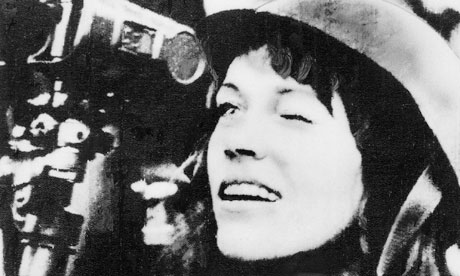 |
| Blane Harden |
Brian Lamb had a great Q & A with Blaine Harden (video link) last night on C-SPAN about Harden's book "Escape from Camp 14". Here is a dump from the C-SPAN web page:
 |
| Shin Dong-hyuk |
Washington, DCIt sounds like a great story and I found some video of Harden and Shin that I
Sunday, April 29, 2012
This week on Q&A, author Blaine Harden discusses his historical narrative "Escape From Camp 14: One Man's Remarkable Odyssey from North Korea to Freedom in the West." Harden tells the story of a young man named Shin Dong-hyuk, who was born in captivity at prison camp 14, located in central North Korea. Shin escaped in 2005. Harden says that Shin is the only individual actually born in a labor camp to escape. In his book, Harden explains that Camp 14 holds approximately fifteen thousand prisoners and is the toughest of six camps in the country because of the brutal working conditions and vigilance of the guards. He relates how Shin witnessed the execution of his mother and brother, whom he had reported to guards after overhearing them discuss the possibility of escape. He was severely beaten and tortured for information about his mother and brother until he convinced the guards that he had turned them in to authorities as required. Harden details Shin's escape through an electrified fence by climbing over a dead companion's body and his hazardous journey through China into South Korea. Harden talks about the process Shin undertook to learn about society and civilization, and how he ended up meeting him in 2008 while writing a story for The Washington Post. In addition, Mr. Harden discusses his early career as a writer and his motivations for becoming a journalist.
Blaine Harden currently reports for PBS Frontline and contributes to The Economist. He was a correspondent for the Washington Post in Africa, Eastern Europe and Asia, as well as in New York and Seattle. He was also a national correspondent for The New York Times and a writer for Time Magazine. He won the Ernie Pyle Award for coverage of the siege in Sarajevo during the Bosnian War. He lives in Seattle with his wife and two children.
However, at some point in the Kim Il-sung regime that totalitarianism was no longer a universal free choice and became a dictatorship. Certainly every moment under Kim Jong-Il was a dictatorship, as with his successor Kim Jong-un.
For more on this story, go to National Review Online and read:
A Child of the North Korean Gulag
Shin Dong-hyuk flees Camp 14 in search of meat.
A short video via Economist Magazine:
More video on this via the Frontline Club and it opens with plenty to object to, but otherwise is excellent:
First, from the description - Little is known about the prison camps of North Korea where it is estimated that 200,000 are imprisoned. Bullshit. The prison camps of North Korea are some of the best documented operating camps in the history of the world. Little was known about the Soviet Gulags before Khrushchev made his 'secret speech' and little was known about German concentration camps before they were liberated. Today, we have 30,000 North Koreans who have escaped and now live in Seoul. Several prison camp escapees live in Seoul right now, willing to talk about the inner workings of the camps and satellite photos of the camps are available from Google Earth.
Another objection I have is to Harden's introduction and slide show. He claims that Red China stopped being "totalitarian" after Mao. He uses totalitarian interchangeably for things that can better be described as authoritarian or dictatorial, which Red China still is to this day.
The big difference between the Nazi concentration camps and the Soviet Gulag system or the North Korean Gulag system is simple: Socialism cleanses all sins with "fellow travelers" who write the news today. They denied the Soviet system, even after Khrushchev's speech was leaked to the world, they ignored the Red Chinese version and they ignore this while they bitch and whine about the National Rifle Association and create an imagined American Gulag constructed with lies:






















